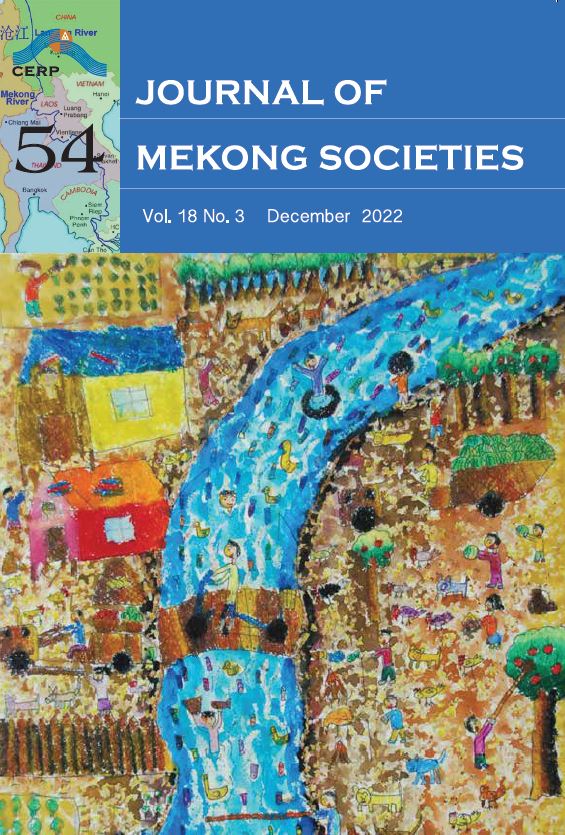Conflicts between Residents and Other Stakeholders at Community-based Tourism Destinations: A Case Study of Pu Luong Natural Reserve, Vietnam
Main Article Content
Abstract
The study of conflicts at tourism destinations is crucial for inclusive and sustainable development. This article investigates conflicts in the context of a community-based tourism destination in Vietnam to clarify information about typical conflicts between residents–the most important component of community-based tourism–and other parties (tourists, tourism businesses and local government). The study used semi-structured interviews to investigate perceptions of 26 tourism stakeholders, including 14 residents who are representatives of tourism participants and nonparticipants, six tourism government officials, two representatives of non-citizen accommodations, two representatives of travel businesses and two tourists. The findings show that the groups disagree with each other on various socio-cultural, economic and environmental issues. The hosts have conflicts with tourists mainly because of cultural differences and negative impacts on the local culture, social structure, and environment. The conflicts are related to socio-cultural, economic, and environmental issues. With local authorities, conflicts are usually related to policies to develop tourism and the lax control by authorities. The results of this study will be evidence upon which to make some recommendations for the authorities in the process of planning and managing destination development.
Article Details

This work is licensed under a Creative Commons Attribution-NonCommercial-NoDerivatives 4.0 International License.


